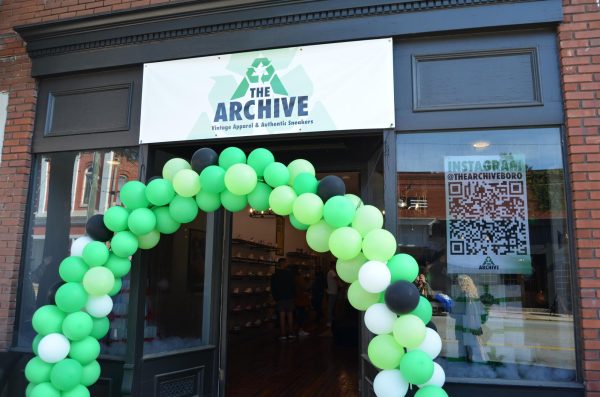(Opinion) Life, Liberty, and the Pursuit of Free Speech in Forsyth County
This is about more than banned books; it’s about constitutional rights.
Unassuming Forsyth is under legal fire for banning members of parent advocacy group Mama Bears from County school board meetings until she promises in writing to abide by the rules.
Reason for the ban? Reading an excerpt from a book in their library.
In January this year, superintendent Dr. Jeff Bearden of Forsyth county received a message from a concerned parent about sexual content in school-provided media. Bearden assigned school staff the task of reviewing the district’s catalog for explicit content.
Staff came up with 15 potentially explicit books and removed eight titles from all schools earlier this year. High schools in the county have been given the option to reintroduce 7 of the eight after a second review by community volunteers.
However a step in the right direction but not enough for some parents like the ones that make up Mama Bears of Forsyth County. The group proceeded to challenge over 100 titles.
Challenges, defined by the American Library Association as an attempt to remove or restrict books based upon a person’s or group’s objections, continued to roll in coming to a head in march.
There were 681 books challenged in 2022, according to ALA, a decrease from last year’s 729. However, there has been a 149% increase in challenges between 2022 and 2020. These numbers are based on public records, news and tips.
Books can be challenged for many reasons, including violence, racism and Religious Affiliations. 5 of last year’s top 10 banned books were flagged for having LGBTQ+ content. Seven of the ten were flagged for sexually explicit content.
Mama Bear Alison Hair was banned from public school board meetings sooner than the “sexually explicit” books she found in her son’s school library.
After receiving two letters restraining her from attending the meeting, Hair took matters to federal court represented by the Institute for Free Speech.
In 1982 Board of Education v. Pico found that libraries are places for “voluntary inquiry” and concluded that the school board’s “absolute discretion” over the classroom did not extend to the library for that reason.
Mama bears of Forsyth county make it clear this is no longer about the books; it’s about freedom of speech and the right to be heard by the government.
“This lawsuit does not try to resolve the question of which books should be available in school libraries, but instead addresses unlawful attempts to sanitize how parents speak about those books in the presence of elected officials and other adults.”
Banning books have been on Georgia’s radar for quite some time.
“I think that’s something people at home should know that you know, we’re going to be very thoughtful about this and we’re talking to everybody involved,” Governor kemp said after visiting Forsyth schools amid book ban controversy in January.
In April, Governor Kemp signed senate bill 226 into law, expediting the book review and ban process.
This bill limits those who can challenge books in the school systems of Georgia to only parents and legal guardians. It also requires seven days to decide whether to ban work, ten days to notify the plaintiff and 30 days for appeals to be discussed by school boards.
Only time will allow us to see the effects of the discourse and rulings surrounding first amendment rights in the Georgia school system








